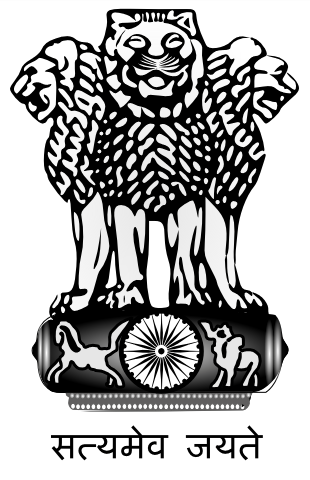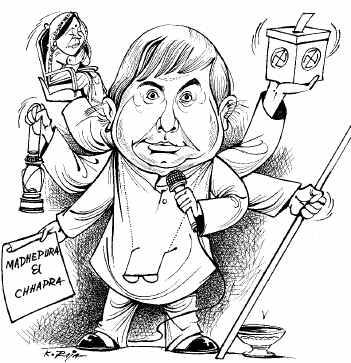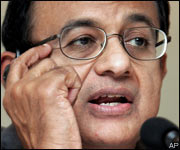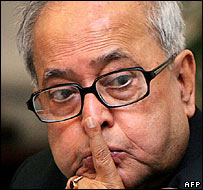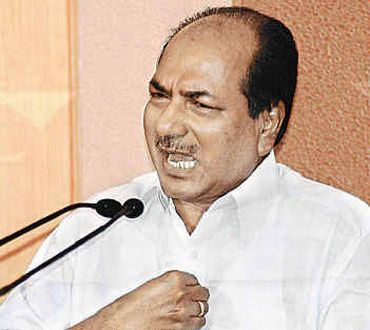His economic policies - which included getting rid of several socialist policies, especially the License Raj - were popular. He enjoys strong support among the middle classes of India due to his education. Singh lost the election in the Lok Sabha from South Delhi constituency in the 1999 general elections. He is thus the only Indian Prime Minister never to have been an elected member of the Lower House of Parliament. In fact he has not won a direct election. He has been a member of the Rajya Sabha from Assam since 1995. He was re-elected to the Rajya Sabha in 2001 and 2007.
